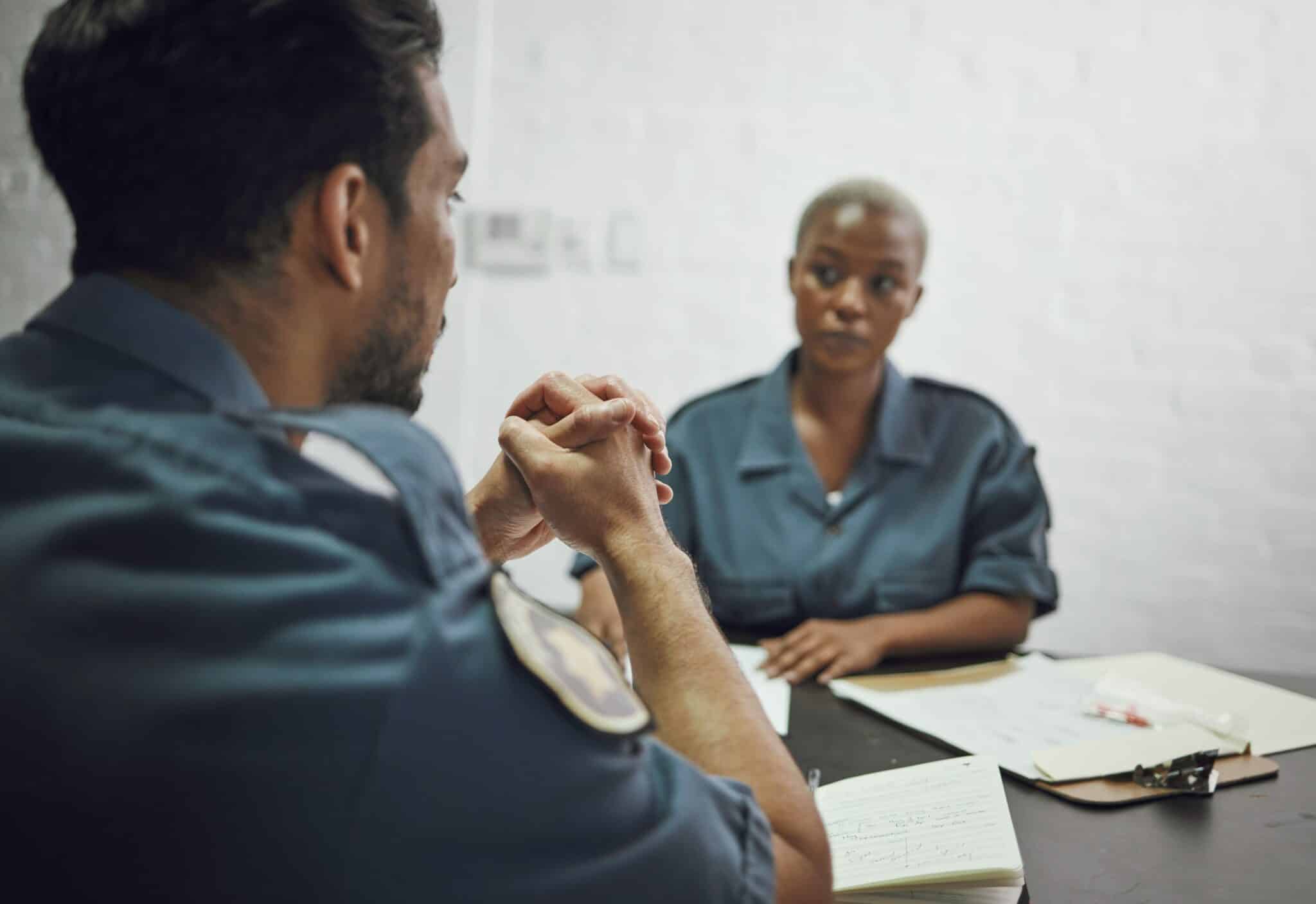
Navigating the criminal justice system can be daunting, especially when understanding the nuances of community supervision programs such as probation and parole. While each goal is to rehabilitate offenders and guide them back into everyday life while reducing the likelihood that they will create another offense, there are distinct differences.
Understanding the differences between these two programs is essential for those involved in the justice system, their families, and their communities. This article will delve into the specifics of probation and parole in Maryland, highlighting their unique characteristics and legal implications.
What is Probation?
Probation is granted by a judge as opposed to issuing a jail sentence. It’s ordered when the seriousness and circumstances of the crime suggest that the offender isn’t a threat to society and that jail time isn’t an appropriate punishment.
The probationer is authorized to live freely in their community but must meet certain probation conditions for a specific timeframe. If probation is supervised, the Maryland Department of Public Safety and Correctional Services (DPSCS), Division of Parole & Probation oversees probation. Here are some common conditions the probationer may have to meet:
- Meeting regularly with a probation officer
- Attend work or school
- Community service
- Pay fines and restitution
- Participate in a drug or alcohol rehabilitation program
- Not consuming alcohol
- May not possess any weapons or firearms
- Avoiding contact with specific individuals
The probationer will be required to prove to the courts that they have complied with all conditions of their probation. Failing to comply with all set conditions may result in the revocation of probation and requiring the probationer to serve jail time.
What is Parole?
Where probation is issued instead of jail time, parole is granted after the offender has served a portion of their prison sentence. Therefore, it isn’t an alternative sentence. It’s a privilege some prisoners receive. Parole is based on factors such as the nature of the crime, the inmate’s behavior, rehabilitation efforts, and the risk to public safety.
The Maryland Parole Commission (MPC) determines whether a prisoner serving six months or more is eligible for parole. As with probation, a prison who receives parole may have to meet specific terms and conditions during their parole, such as:
- Regular meetings with a parole officer
- Holding down a job
- Getting permission before changing jobs or moving
- Obeying the law
- Paying parole supervision fees
- Not contacting victims or co-offenders
- Travel restrictions
If a parolee violates the conditions of their parole, the parole will be revoked, and they will be required to serve their original prison term. They may also receive further penalties.
Differences Between Probation and Parole in Maryland
Let’s look at the main differences between probation and parole in Maryland.
- Timing
- Probation — Imposed by a judge at sentencing instead of jail time
- Parole — Granted by the parole commission after a prisoner has served a percentage of their jail time
- Supervising Authority
- Probation — Supervised by probation officers within the DPSCS
- Parole — Supervised by parole officers within the DPSCS but under the oversight of the MPC
- Conditions and Compliance
- Probation — Conditions are set by the court and vary depending on the circumstances of the case
- Parole — Conditions are determined by the MPC and are typically focused on reintegration and public safety
- Violations and Consequences
- Probation — This may result in a court hearing and possible revocation, leading to the imposition of the original sentence.
- Parole — This may result in a revocation hearing by the MPC, potentially leading to the parolee being returned to prison.
Turn to Southern Maryland Criminal Defense for Top-Notch Legal Representation With Probation and Parole Matters
Both probation and parole serve as alternatives to incarceration, focusing on rehabilitation and reintegration into society. However, they function at different stages and under different authorities. Recognizing the unique conditions, supervision requirements, and potential consequences of each can help everyone involved better understand the system, work towards successful rehabilitation, and reduce the chance of another offense.
At Southern Maryland Criminal Defense, we have a deep understanding of Maryland’s criminal justice system. Our team leads compassionately and advocates for you, ensuring you have top-notch legal representation and the empathy and reassurance you need during this trying time. We will work tirelessly to protect your rights and achieve the best possible outcome for your case.
